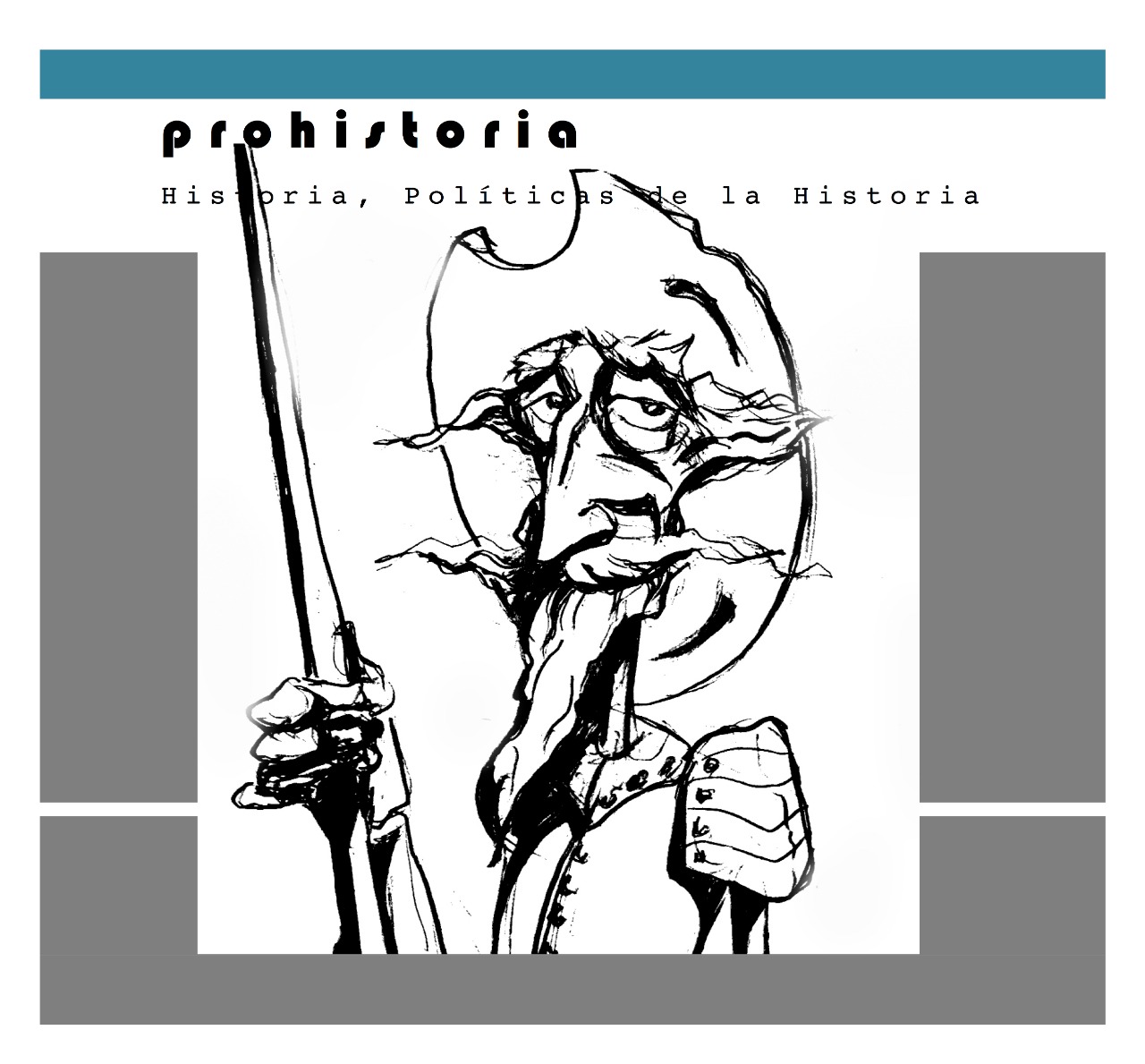Between State and Utopia, between Nation and Otherness: a dialogue with the young Garavaglia of the sixties
DOI:
https://doi.org/10.35305/prohistoria.vi28.1256Keywords:
Juan Carlos Garavaglia, State, anti-nacionalism, utopia, Otherness, cultural toleranceAbstract
Through the remembrance of personal experiences and the dialogue with the memories of Juan Carlos Garavaglia, Una juventud en los años sesenta, the authors reflect upon the issues that concerned him, as a historian and as a man committed with the social reality of his time. The dialogue revolves around the research subjects of the authors of this article: in the first place, the utopia, rather understood as a politic impulse toward the future than as a specific literary genre; secondly, the Otherness of the gipsy ethnics, as the historically excluded society they signify; and, finally, a complex vision of the State. They underline the cultural pluralism and the intellectual tolerance of Juan Carlos, and suggest breaking the same barriers he fought against: those imposed by “nationalisms”, “absolute rationalities” or the presumed “the end of History”.
Downloads
Published
How to Cite
Issue
Section
License

This work is licensed under a Creative Commons Attribution-NonCommercial-ShareAlike 4.0 International License.
- Authors retain copyright and grant the journal right of first publication with the work simultaneously licensed under Creative Commons Attribution 4.0 International License.
- Authors are able to enter into separate, additional contractual arrangements for the non-exclusive distribution of the journal's published version of the work (e.g., post it to an institutional repository or publish it in a book), with an acknowledgement of its initial publication in this journal.
Copyright of this issue © Prohistoria. Historia, políticas de la historia



















